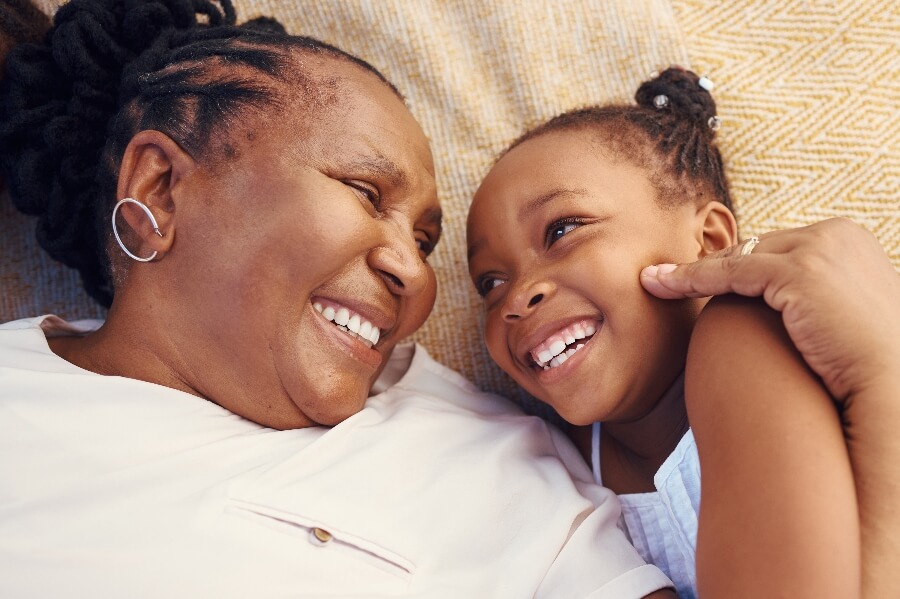How many times have you heard these statements? And how many times have you scoffed at them, even just a little?
“Age is just a number.”
“You’re only as old as you feel.”
“It’s not how old you are, it’s how you are old.”
They may feel like empty bromides designed to keep us from falling into despair because 25 faded in the rearview mirror decades ago—and it’s not making a U-turn.
But don’t brush them off so fast, says psychologist Susan David, Ph.D., author of Emotional Agility: Get Unstuck, Embrace Change, and Thrive in Work and Life. She says platitudes like these may be more powerful than we ever thought, depending on how you react to them.
As the years are accumulating, which ones of the following are you more prone to think?
A) Pleeease. My hands hurt, age spots are popping up like mushrooms, my body parts are headed south and I groan every time I get up from a chair. I’m old!
B) Damn straight, I’m getting older, but I’m not giving up and giving in. I have things to do, people to see, and places to go. I can’t wait to find out what’s next.
If you chose B, congrats! David suggests you’re likely to age in better health and live longer than people who choose A and relegate themselves to experiencing life from the living room sofa with Netflix flickering on the TV.
Read More: What’s Better Than Someone Telling You That You Don’t Look Your Age?
How to Age Well: You Are What You Think
One study, carried out by Yale researchers, found that a group of people age 50 and above who had positive self-perceptions about getting older (measured 23 years earlier) lived 7 ½ years longer than people who expressed less positive attitudes about aging. The Debbie Downers were twice as likely to experience a heart attack or stroke than those with positive outlooks.
The researchers took into account gender, socioeconomic status, and even loneliness, making the findings ever more impressive. In an interview on NPR, David said, “When people go into aging with a mindset that things are going to get worse, these negative mindsets about aging actually impact people’s outcomes in negative ways.”
Indeed, another Yale Study revealed that the pessimists about aging were more likely to develop brain changes associated with Alzheimer’s.
To drill down the mind-over-matter message, David points to a study that found an increase in your perceived physical activity, independent of your actual exercise, may improve health. Harvard researchers studied 84 female hotel housekeeping employees (aged 18–55), who cleaned an average of 15 rooms a day, a job that involves a lot of walking, bending, pushing, lifting, and carrying, far exceeding the surgeon general’s recommendation of 30 minutes of daily physical activity. But they didn’t think of their work as healthy physical activity; more likely they viewed it as drudgery. Think about it. It would be like cleaning your house for 8 hours a day, every day.
Half were filled in on the fact that their activity was actually good for their health. The other half were left clueless. And guess what? The women who were let in on the conceit actually experienced measurable improvements in weight loss and improved blood pressure and body mass index (BMI), all without any change in physical activity. No one is sure why this happened, but it is a remarkable example of perception altering reality.
Watch What You Tell Yourself
Don’t get me wrong; we all lose traction as we age. The physical effects of aging are very real. No matter how much you exercise, how healthy your diet, or how positive your thoughts, your body is not going to function the way it did when you were in your twenties or thirties. But, if David is right, our perception of ourselves can make a huge difference in how we experience those changes. She says that people who want to grow, who see themselves as agents of change in their own lives, and who are open to new experiences, are more resilient. In her words, “Our brains care deeply about what we believe.” Translation—the more positive your attitude about getting older, the better off you’ll be, both mentally and physically.
She gives a great example of self-talk about aging in her book. When you’re 24 and can’t find your car keys, you might think, “Whoa. Out too late last night.” Or you might think you’ve just got too much on your plate to bother remembering where you tossed the keys the night before. But, she says, when you’re 50 or older and you can’t find your keys, you’re likely to jump to, Uh oh; senior moment. And that, she says, is a mistake—it can be a self-fulfilling prophecy.
David and the studies she cites show how important it is to create and maintain a positive attitude about getting older. We should still have ambitions, desires, longings, and we will have delicious and sometimes devastating choices to make. But life goes on. We all could use shining examples of adventurous, curious, creative, and determined women to push us toward positive thinking about getting older. I say we should strive to be that example, both for ourselves, for the young women in our lives (I’m doing it for my 22-year-old daughter), and for the millions of others in the queue who, if they’re lucky, will someday join the ranks of older women and choose “B” with a resounding “Hell Yeah!”
Read More: A 92-Year-Old Filmmaker’s 5 Secrets to a Long and Fascinating Life





















0 Comments